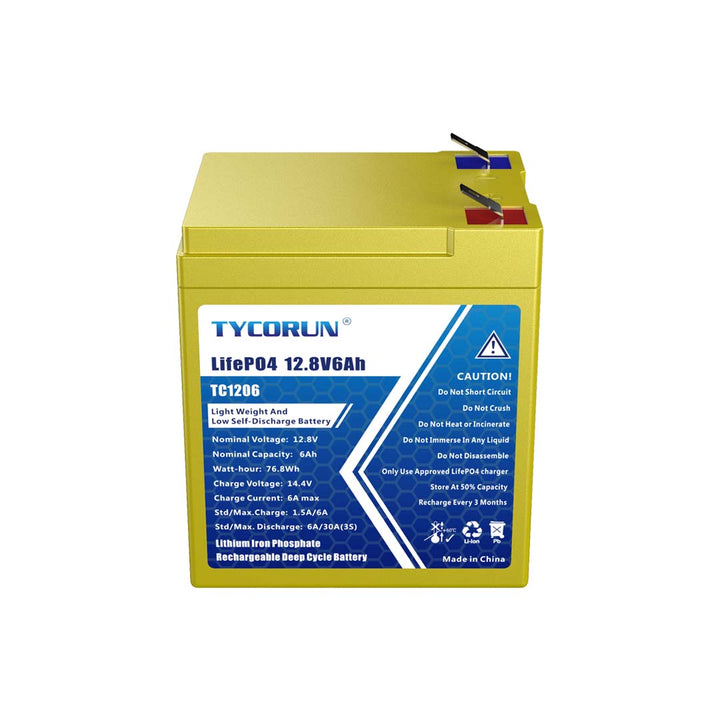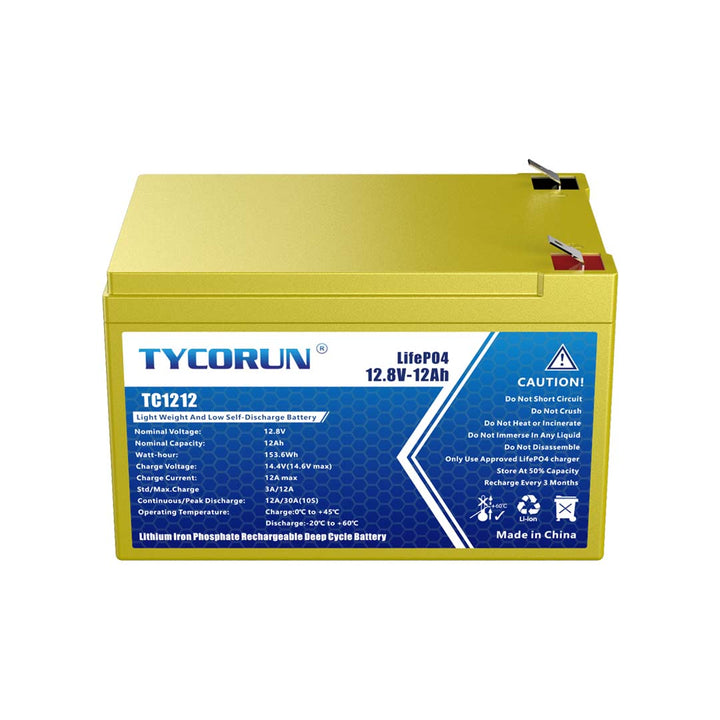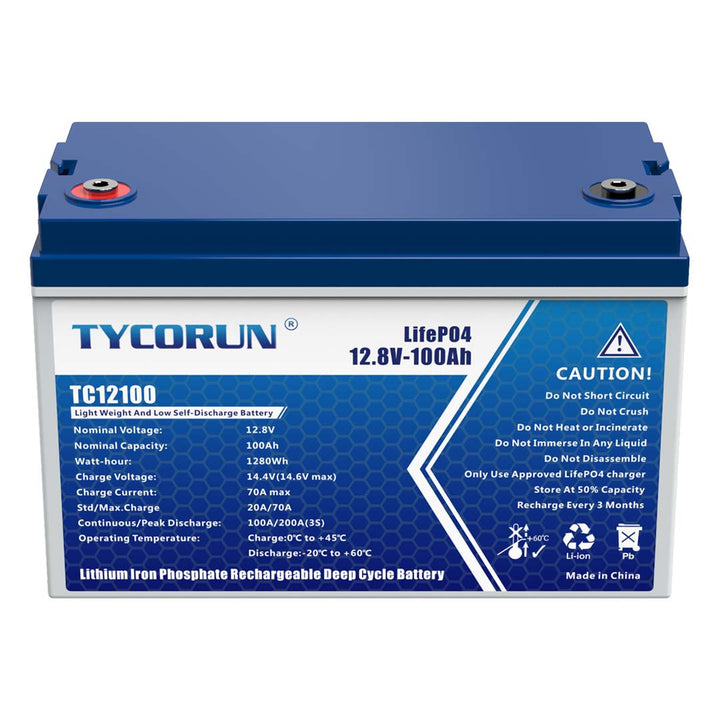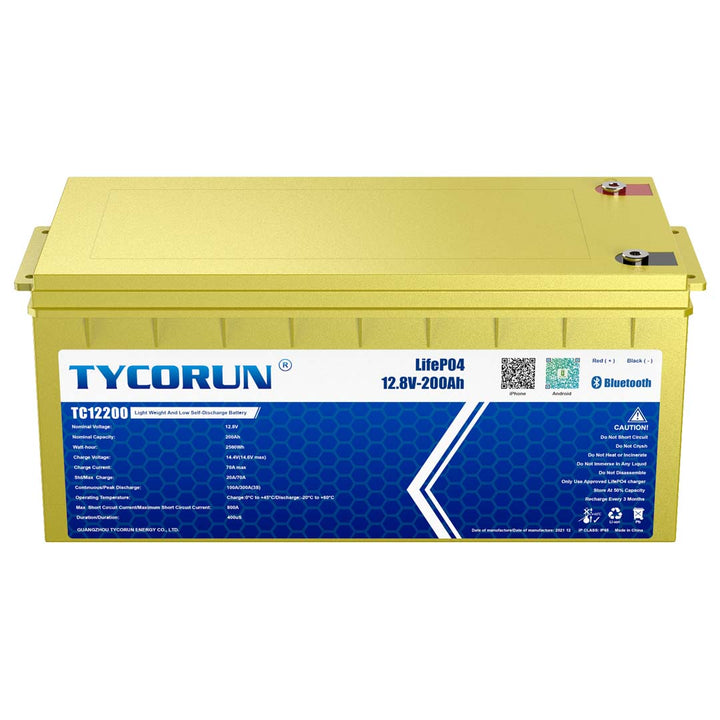
Main content:
The two main forms of renewable energy, solar and wind, are considered intermittent resources. Because the sun does not always shine, and the wind does not always blow.
However, new energy storage technologies such as lithium-ion solar cells make it possible to use solar energy to power homes around the clock. In this blog, we will explain lithium-ion solar cells, understand their cost and discuss their advantages and disadvantages.
1. What is a lithium-ion solar cell
Lithium solar cells are a rechargeable energy storage solution that can be paired with distributed pv system to store excess solar energy. It is commonly used in rechargeable electronics such as mobile phones and electric vehicles.
The launch of the Powerwall has sparked a flurry of discussion and research on energy storage and the development of cost-effective solar cells. It also propelled Tesla to become one of the top battery manufacturers in the United States.
Powerwall paves the way for the future of lithium-ion solar cells, establishes battery storage pricing, drives investment in energy storage space, and brings hope that battery technology can be affordable for home energy storage customers. Prior to Tesla Powerwall's development, most solar storage systems consisted of lead-acid battery packs.

However, there are so many lithium-ion solar cells on the market today that every homeowner can find an option that's right for them. But despite all the hype about this new technology, both the industry and analysts have forgotten to ask a simple question. Are lithium-ion solar cells the best batteries for solar panel systems?
2. How much do lithium-ion solar cells cost
The primary concern for most homeowners is how much the energy storage system will cost. The total cost of installing a lithium battery storage system can range from $7,000 to more than $30,000. Prices may vary, depending on:
- What manufacturer to choose.
- The battery has the characteristics
- How many batteries are needed
- Installation cost
The cost of installing a lithium-ion battery is much higher than the cost of installing a lead-acid battery. The cost of installing a lead-acid battery ranges from $5,000 to up to $15,000, far less than the cost of installing a lithium-ion solar cell.
So why do people keep choosing lithium-ion batteries? The higher price tag comes with many additional benefits not available with lead-acid batteries, which justifies the higher cost.
3. Popular 12v battery brand
The following table lists some of the other popular lithium-ion solar cells on the market:
|
|
12v 6ah
|
12v 12ah
|
12v 100ah
|
12v 200ah
|
|
Product image
|
||||
|
Price & Discount
|
$49.00(-29%)
|
$79.99(-33%)
|
$579.99(-27%)
|
$999.99(-44%)
|
|
Charge Current
|
1.2A
|
2.4A
|
20A
|
20A |
|
Discharge Current
|
6A |
12A |
100A |
100A |
|
More information |
Click to get the details |
Click to get the details |
Click to get the details |
Click to get the details |
4. What are the advantages of a solar cell
The introduction of lithium-ion solar cells shook up the solar industry because the technology has several advantages over lead-acid batteries. However, in some cases, lead-acid batteries may be the battery of choice for storing solar energy.
Advantages include:
- Higher discharge depth
The DoD of the battery refers to the comparison of the stored energy used in the battery with the total capacity of the battery. Most batteries come with the recommended DoD to keep the battery healthy.
Lithium-ion solar cells are deep cycle batteries, so their DoD is about 95%. Many lead-acid batteries have a DoD of only 50%. This means you can use more of the energy stored in lithium-ion batteries without having to charge them as often.
- Long service life
Because lithium-ion batteries have a high DoD and do not require frequent charging and recharging, they have a long service life. The minimum guaranteed life of most lithium-ion solar cells is about 10 years longer than that of lead-acid batteries.

- Higher energy density
The energy density of a battery refers to how much power a battery can hold relative to its physical size. Lithium-ion batteries can store more power without taking up as much space as lead-acid batteries, which is useful for homes with limited space.
- High efficiency
Lithium-ion batteries have a higher round-trip efficiency rating than other types of solar cells on the market. Efficiency refers to the ratio of the available energy obtained from the battery to the energy required to store the battery. Lithium-ion batteries are between 90 and 95 percent efficient.
- Reduce maintenance
Not having to worry about regular maintenance is one of the advantages you can't put a price on. Lithium-ion solar cells do not require as much maintenance as liquid-rich lead-acid batteries.
5. What are the disadvantages of a solar cell
Disadvantages include:
- High cost
The good news is that they are eligible for incentives such as tax credits, which help make it cheaper. Also, while lead-acid batteries may be cheaper, they must be replaced more frequently than long-lasting lithium-ion systems.

Lithium-ion batteries have a higher risk of thermal runaway, meaning they can catch fire. However, the risk of properly installing lithium-ion solar cells is almost zero.
6. How can lithium-ion batteries be recycled
Batteries are recycled by pulverizing and mixing all their components. Once all the metals are mixed into a powder, they must be liquefied or dissolved into acid to recover the desired metal. The battery recycling process is still in its early stages. In addition, sometimes batteries inside electric vehicles can be reused instead of shredding old batteries.
Lithium-ion batteries have a long life, and while they will lose their ability to power a car, they can still be used for less intensive energy storage needs, such as backup power. Currently, recycling old batteries is a chore when replacing technologies such as electric vehicles or batteries.
You can find certified electronic recyclers on the EPA website. What makes recycling lithium-ion batteries such a challenge? At this stage, current recycling methods are not sophisticated enough to extract most critical metals for reuse in a more cost-effective manner than mining. Mining most of the metals in lithium-ion batteries is cheaper than recycling them.
Cheap lithium mining is one of the many reasons why we can invest heavily in batteries. Unfortunately, if we make cheap lithium batteries that are not recycled, we will end up in landfills filled with e-waste. While recycling batteries may require some extra work and additional costs, the metal inside the batteries is durable and usable.

Recycling needs to become economical to reduce our dependence on newly mined lithium. Since lithium mining emits a lot of carbon dioxide, using lithium and other metals from recycled batteries is a greener and more sustainable alternative. There is also a looming potential shortage of the metal used in batteries. Finding a way to reuse all the metal in old batteries would help meet supply demand.
7. How to make a best choice
Lithium-ion solar cells are the best solar energy storage system for everyday residential use. Because they take up very little space, they can still store a lot of energy. In addition, their high DoD means you can use more stored energy.
The battery has a longer service life, so it does not need to be replaced as often as lead-acid batteries. In addition, their greater efficiency means you can use more of the energy generated and stored by solar panels, giving you value for money.
However, in some cases, other battery types, such as lead-acid batteries, may be better for you. This is especially true if you only use solar cells as backup power storage. Since you won't drain the backup battery on a regular basis, lower DoD and service life aren't as important and there's no need to spend extra money on these features.
Lead-acid batteries are also popular in off grid batteries system projects that are not used very often, such as holiday cottages. But for everyday use, paying extra for lithium-ion solar cells may be your best bet.
8. Conclusion
Whether used for off-grid battery backup or for grid-connected solar systems, energy storage can help you run entirely on clean energy. Contact your local solar installer to find the best solar cell system to pair with your solar panels.
Related articles: lithium vs alkaline batteries, Top 10 lithium battery companies in the world, Top5 home energy storage companies



